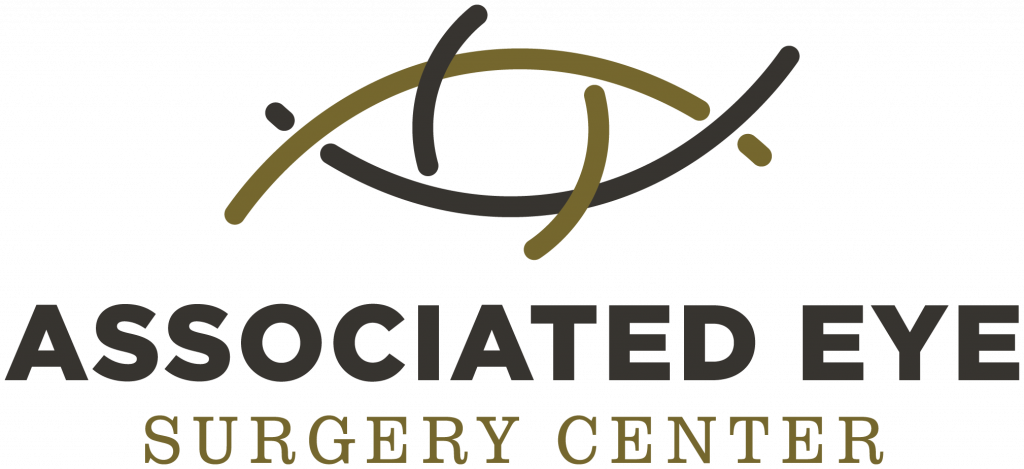Eye Exams and Consultations
Many patients believe that if they can see well, they don’t need to visit an eye doctor, but an eye exam does more than just test your vision. In fact, many diseases show early signs in the eyes, including cardiovascular health and diabetes. So a comprehensive eye exam can help you at any age.
- Vision and learning are closely linked. Children don’t naturally know how “normal” vision appears, so they may not know to complain or request an eye exam. Children’s eyes change rapidly as they grow, so eye care is especially important at a young age.
- Around the age of 40, most people have difficulty reading, due to presbyopia. As a natural part of the aging process, presbyopia makes it harder to read small print and computer monitors. While “drugstore” eyeglasses may help, your eye doctor offers a range of options to fit your lifestyle.
- Many eye diseases, including glaucoma and diabetic retinopathy, have no symptoms in the early stages. If left untreated, the vision loss is usually irreversible. Seeing your eye doctor on a regular basis can protect your vision through early treatment.
A comprehensive eye exam, offered only by an ophthalmologist or optometrist, looks at both vision and general eye health. Your doctor will examine for:
- Refractive error: nearsighted, farsighted or astigmatism.
- Focusing problems, including presbyopia.
- Other vision problems, such as strabismus, amblyopia or binocular vision.
- Eye diseases, such as glaucoma and diabetic retinopathy.
- Other diseases that can often be detected through an eye exam, such as high blood pressure or high cholesterol.
While tests will vary based on your doctor and your medical history, most comprehensive eye exams include the following:
- Visual acuity to assess the sharpness of your vision. This test typically involves reading from the Snellen chart, which is more commonly known as the “Big E” chart.
- Visual fields test to determine if you have blind spots or peripheral vision issues.
- Cover test, which can identify strabismus or binocular vision problems.
- Retinoscopy, autorefractor or aberrometer, to approximate your eyeglass prescription.
- Refraction to fine-tune the final eyeglass prescription using a phoropter.
- Slit lamp exam to detect common eye diseases and conditions. This instrument allows your doctor to examine the structure of your eye and assess its health.
- Glaucoma test, known as tonometry, to measure the pressure within your eye.
- Ophthalmoscopy, which occurs after the pupil is dilated, to examine the optic nerve, retina and blood vessels.
